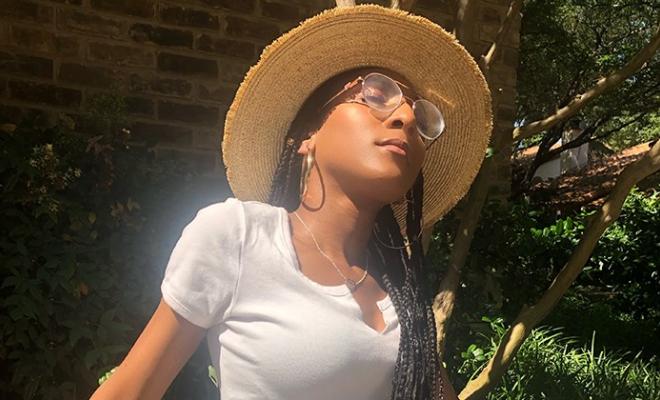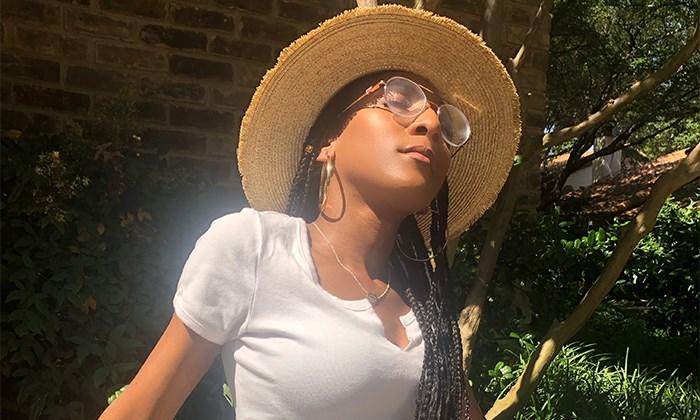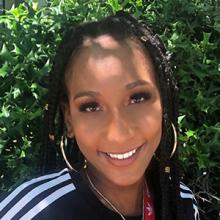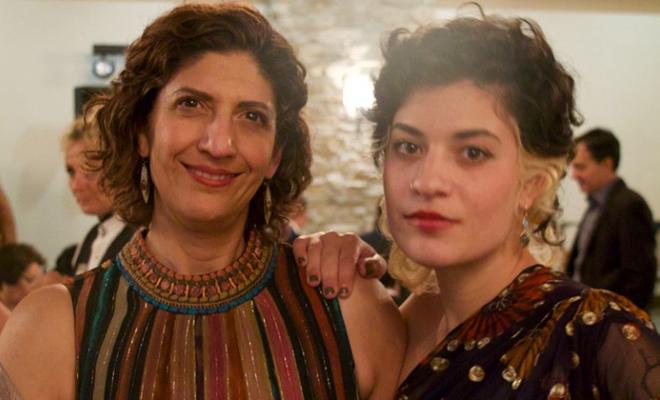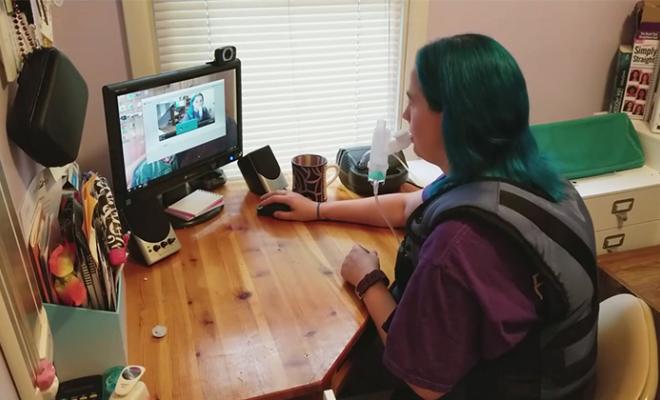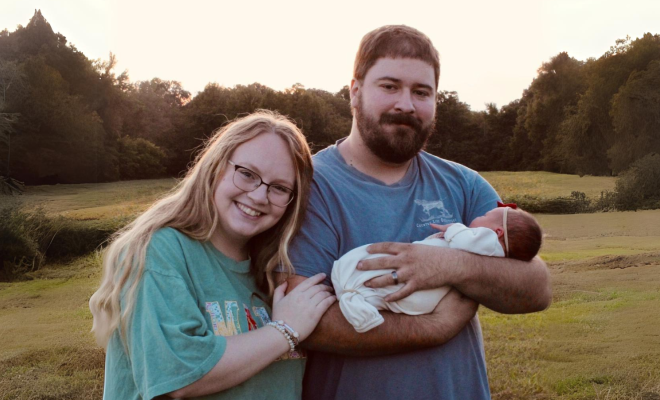Okay! I'm about to spill some tea -- the tea about being a Black girl with cystic fibrosis. CF and I are pretty familiar with each other, so I refer to her as Cynthia Fibrosis. Cynthia and I have known each other since I was 5 months old. I was experiencing symptoms of CF, such as Cynthia preventing me from thriving and her making my stools smell like a grown man's. After being tested for numerous diseases in the hospital for three weeks, they finally tested me for cystic fibrosis.
CF is so rare in African Americans that testing me for CF was the last resort. Once I was diagnosed, some hospital staff suddenly started to speak Spanish to me, assuming that I must be mixed with Spanish descent to have CF. It's not a disease that most people are aware of, but it's especially uncommon in the Black community. Less than 5 percent of people with CF in the U.S. are Black, according to the Patient Registry.
As a young Black girl with CF, the response that I got usually went two ways. The first way was that I got the royal treatment, as if I was the poster child for Black girls with CF. Several times when I participated in CF walks, they would let me be the one to cut the ribbon to start the walk. People would recognize me all the time because I was the only Black girl there.
The second response I would get was of curiosity or confusion. For example, after finding out I was a CF patient, people would ask a plethora of questions about my diagnosis. It eventually would turn into an Ancestry.com or 23andMe session where people were trying to pinpoint how a Black girl had CF. These responses came from everyone from curious strangers to doctors and nurses who were just completely shocked to find out that I had it. I got used to being the only Black CF person.
The representation of Black people wasn't expected in a population in which it is rare for us to exist.
I don't expect the “elephant in the room” to be sugar coated. Honestly, I would actually feel better about being acknowledged as a Black girl with CF and being reassured that my voice will be heard. The “tea” about being a Black girl with CF is that my voice isn't always heard. I've learned over the years that I have to stand up for Cynthia and me. The good thing is that I know Cynthia very well. I know her like the back of my hand because my doctors encouraged me to be educated about her. This has been beneficial because I know when she's about to act up even before she does. Unfortunately, not everyone knows their bodies, like Cynthia and me.
Black people's voices have struggled to be heard for years, especially in the medical field.
More than ever before, I think it's extremely important for the CF community to be educated about different races and cultures that are affected by CF. Over the past few years, I've seen and heard more about Black people having CF. This is another reason why it is a perfect time to be educated and to encourage representation of us. All our stories deserve to be heard.
Interested in sharing your story? The CF Community Blog wants to hear from you.

